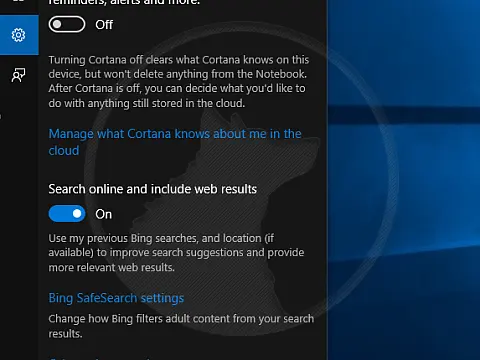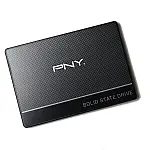How to Choose SD Card - Speed Ratings and Classes ExplainedA guide to the various SD card speed ratings and classes for SD and microSD Cards to help you understand which type of card is best suited.
All SD (Secure Digital) cards and microSD cards have a myriad of symbols on them which may look like hieroglyphs, but once you know what they mean, you will be able to tell which cards are slow and which can be used to record high definition or 4K video. Using the wrong class will result in laggy performance, stuttery videos, and low burst mode performance on cameras or the device may even refuse to work with an incorrect class of SD card.

SD Card Type
There are three main SD card types you will find. These are SD, SDHC, and SDXC. The SD card type does not affect performance. This is a marker of the range of capacities and filesystems that the card supports.
- SD (Secure Digital) cards use FAT16 file system and have a capacity between 64MB to 2GB.
- SDHC (Secure Digital High Capacity) cards use the FAT32 file system and have a capacity between 4GB to 32GB.
- SDXC (Secure Digital Extended Capacity) cards use the exFAT file system and have a capacity between 64GB to 2TB.
Capacity
SD card type is the easiest to understand, along with capacity. As the capacity increases the class changes. You will not see a 128GB SDHC card for example, 128GB is only SDXC.
SD Card Read and Write Speeds
Read and write speeds are given in megabytes per second (MB/s) and indicate the general performance of the card and the number quoted is often for a burst. The write speed is the most important for cameras as this determines how fast the camera can write to the card. Higher numbers are better as they equate to shorter data transfer times. Read speeds are a little less important, it will affect how fast you can transfer data off the card so can impact your workflow, but not as much as a slow write speed.
SD Card Bus Interface
The bus interface is another metric that affects performance. The bus interface determines the maximum throughput of the card. You'll never get a card with a fast read/write speed and a slow bus interface. All SD cards have either UHS-I or UHS-II bus interfaces. UHS stands for Ultra High Speed and is the current standard. UHS-II is faster than UHS-I. You can use UHS-II cards in UHS-I devices, but the maximum performance will be at UHS-I levels, so if you have a UHS-I device, spending extra on a UHS-II card won't make any difference.
Speed Class Ratings
Now we come to the most important metric on SD cards. The speed class rating defines the minimum sequential write speed of the memory card. Whilst this is important for still cameras, it is vitally important for HD and 4K video. The SD card must be able to sustain sequential writes and sufficient speed for the video to be recorded properly without dropping frames, lagging or just plain failing to save.
Speed Class Ratings are split into three symbols, two for speed class and the other for video performance class.
The Speed Class is marked as a number inside the letter C. This is the minimum guaranteed sequential write speed. Currently, there are five ratings - C2, C4, C6, C8, and C10. An SD card with a C10 rating is guaranteed to sustain a write speed of 10MB/s.
With higher definition 4K and 8K video, the demand for faster speeds has driven a new speed ratings class - the UHS speed class. This is written on the card with a number inside the letter U. Unlike the speed class, this number must be multiplied by 10 to get the minimum sequential write speed. There are only two classes at the moment, U1 and U3. U3 has a minimum sequential write speed of 3 * 10 = 30mb/s. U1 is the same as C10.
The final rating class is the Video Speed Class which is the most modern. This is written on the card with the letter V followed by a number. The number corresponds again to a minimum sequential write speed in mb/s. There are five-speed ratings in this class: V6, V10, V30, V60, and V90. V90 corresponds with a 90 mb/s write speed.
Each of the speed classes is superseded by the newer version, so a V90 sd card may not have C10 marked on it but often they will, because it does meet C10 standards as well as U3 and V90 so all three may be present.
SD Card Speed Ratings Classes Chart
This handy chart will show you how the speed rating classes affect performance and how to choose the correct speed sd card for your camera or device.
| Minimum Sequential Write Speed | Speed Class | ||||||
|---|---|---|---|---|---|---|---|
| Speed Class | UHS Speed Class | Video Speed Class | Video Resolution Supported | ||||
| 90 MB/sec | V90 | 8K | |||||
| 60 MB/sec | V60 | 8K | 4K | ||||
| 30 MB/sec | U3 | V30 | 4K | HD | |||
| 10 MB/sec | C10 | U1 | V10 | HD | SD | ||
| 6 MB/sec | C6 | V6 | HD | SD | |||
| 4 MB/sec | C4 | SD | |||||
| 2 MB/sec | C2 | SD | |||||










